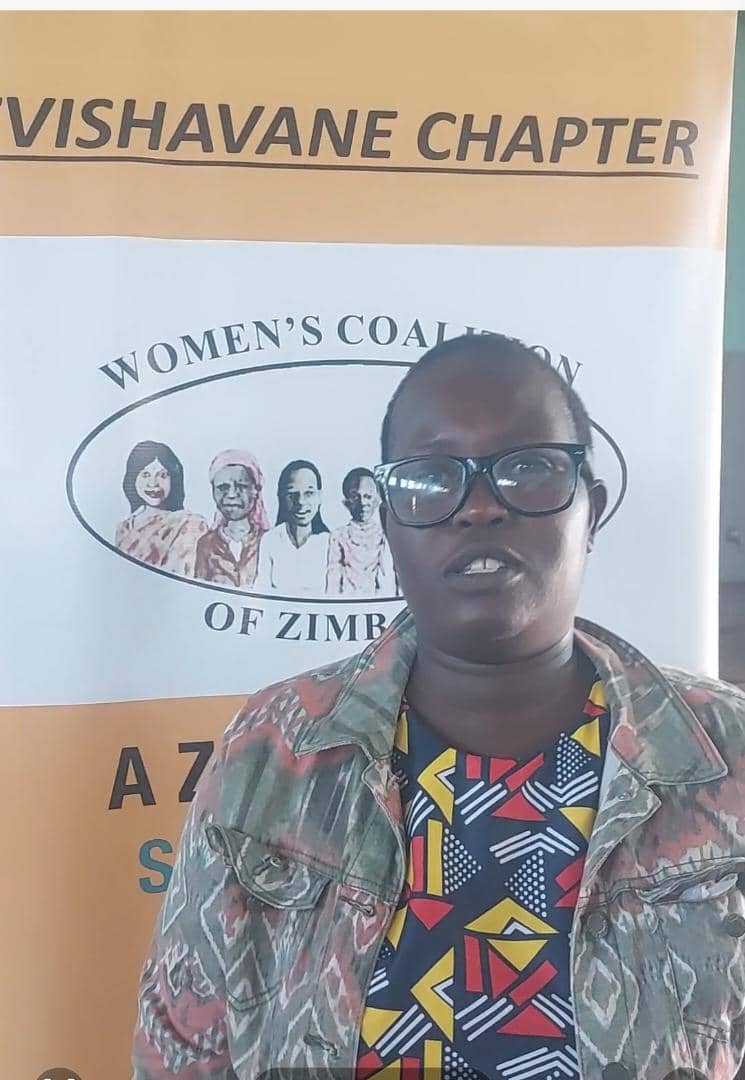|
Getting your Trinity Audio player ready...
|
By Tatenda Muchadenyika
Women in Zvishavane have called upon the government and the extractive sector to recognise and facilitate rural women’s meaningful beneficiation from local resources so as to leave no one behind as espoused in Vision 2030 and National Development Strategy (NDS1).
The call was made at a local workshop organised by WCoZ to conscietise women on the opportunities presented by the extractive industries with a particular focus on mining and recycling.
WCoZ Zvishavane Chapter Secretary, Miss Dourt Majoni said the workshop is a dialogue between women and the extractive companies in their communities that will facilitate meaningful women’s participation in national development.
“Women are often sidelined in the mining sector yet they can equally play a pivotal role towards national economic growth and development if their participation is harnessed in line with the government mantra of ‘leaving no one behind’.
“We may not all be hands-on miners but we expect that as women living in mining communities we also benefit through local infrastructure development, access to tenders for safety wear supplies, or even nutritional gardens that can be established with the support of local mining companies”, she said.
Another participant, Sunungurai Hove, said local investments by large mining companies in Zvishavane are still low.
“The advent of Chinese miners in Zvishavane has also accelerated people’s exposure to dust from the scattered milling companies. Women’s health is also at stake hence there should be meaningful plough-back social developments that curtail the local people from the damages they are exposed to.”
Speaking at the same occasion, Mr. Themba Sibanda, head of the Zvishavane Mberengwa Miners Association (ZMMA), acknowledged that a very small fraction of women has managed to break through into the mining sector.
Sibanda said that among other barriers to women’s entry, the mining sector is labour and capital-intensive in addition to factors such as security in the wake of the lawless and violent makorokoza.
Sibanda encouraged women to form groups and cooperatives and approach associations such as ZMMA for training and guidance.
Zimbabwe, like many African countries, has vast natural resources including gold, diamond, and platinum but local communities, particularly women, have not benefited much from such resources.
Mr Anthony Hova from the Zvishavane Recycling Consultancy took the women through the recycling business process and challenged women to harness the income-generating opportunities presented by the sector.
“Zvishavane is a busy mining town hence women have opportunities to start recycling projects. These are important in keeping our environment clean yet also generating livelihoods.I urge you to open your eyes and realize that waste is money and there is a ready market for it. It’s high time women take up the National Clean Up Programme further by sorting the waste generated and selling it to recycling companies.”
The meeting was also attended by officials from local councils, the Environmental Management Agency (EMA), community organisations, and local leadership.






